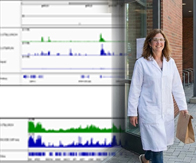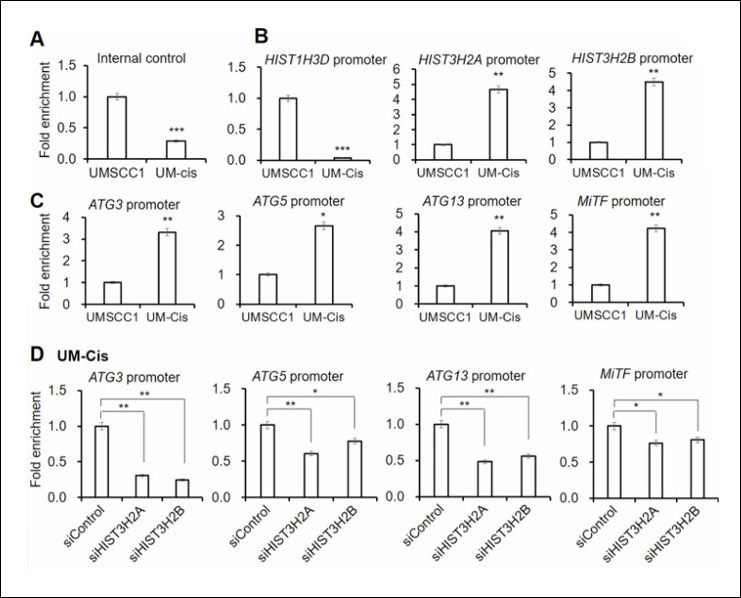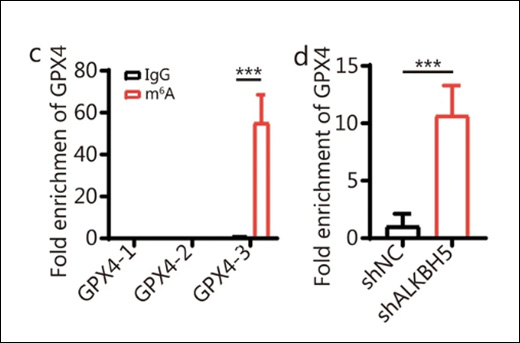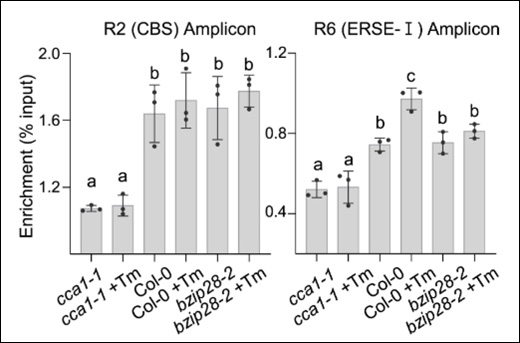Chromatin immunoprecipitation (ChIP) is a widely used technique to study protein-DNA interactions within cells. It allows researchers to determine where in the genome a specific protein of interest binds. By identifying the genomic regions bound by a particular protein, ChIP provides insights into gene regulation, transcriptional control, epigenetics, and various other cellular processes in both physiological and disease-state contexts.
The ChIP Process
The basic principle of ChIP entails the selective enrichment of DNA sequences associated with a target protein:
- The first step involves chemically cross-linking proteins to DNA inside cells, essentially "freezing" the protein-DNA interactions in place.
- The cell membrane is disrupted to release the intracellular contents.
- The freed, fixed chromatin is then sheared into smaller fragments through processes like sonication or enzymatic digestion.
- An antibody is used to selectively bind to the target protein, along with any associated DNA fragments.
- The antibody-protein-DNA complexes are subsequently pulled out of the solution using a method such as protein A/G bead separation, which effectively isolates the DNA fragments bound to the protein of interest.
- The cross-links are reversed, the DNA is purified from the protein and antibody components, and the extracted DNA fragments can then be analyzed using tools like PCR or next-generation sequencing to ascertain their sequences and locations in the genome.
Antibodies in ChIP: Limitations and Considerations
Antibodies are a critical element in the ChIP workflow, as they directly impact the accuracy and reliability of the experimental results. They are crucial for isolating the DNA fragments associated with the target protein from the rest of the genomic DNA. Accordingly, some key factors concerning these antibodies require careful examination to ensure a successful ChIP experiment.
Specificity
One of the primary drawbacks of antibodies is their potential lack of specificity. They may exhibit cross-reactivity with other epitopes or non-target proteins, which can lead to false positive results and misinterpretation of data. The non-specific binding of antibodies contributes to background noise in ChIP experiments and decreases the signal-to-noise ratio, making it challenging to detect true protein-DNA interactions.
Sensitivity
Some antibodies may have low affinity or sensitivity for the target protein, leading to inefficient immunoprecipitation and poor recovery of DNA fragments. Low sensitivity can limit the detection of weak or transient protein-DNA interactions.
Accessibility
The epitope recognized by the antibody may be inaccessible or masked when the protein is bound to DNA or in complex with other proteins. This can reduce the efficiency of immunoprecipitation and result in underrepresentation of certain protein-DNA interactions.
Variability
Antibodies can vary in their performance from batch to batch or lot to lot, even if they are from the same manufacturer. This variability can complicate experimental reproducibility and comparison between different experiments.
Addressing ChIP Antibody Challenges
ChIP antibodies should be highly specific to the protein of interest to ensure that only DNA fragments bound to the target protein are pulled down and analyzed. Before using antibodies in ChIP experiments, make certain their specificity and efficiency for immunoprecipitation have been rigorously validated. Inclusion of positive and negative controls can help assess antibody specificity and detect potential non-specific binding. Published literature, reviews, and recommendations from reliable sources should be taken into consideration during antibody selection.
Optimization of ChIP conditions, such as antibody concentration, incubation time, chromatin fragmentation method, and washing conditions, can improve immunoprecipitation efficiency and reduce non-specific binding. Additionally, mapping the epitope recognized by the antibody can provide insights into its specificity and potential cross-reactivity with other proteins. Epitope mapping techniques, such as peptide array analysis or site-directed mutagenesis, have helped researchers assess antibody specificity and design experiments accordingly.
Choosing the Right Antibody
At EpigenTek, we offer a variety of high-quality, ChIP-grade antibodies against epigenetic modification-related proteins and other targets. Whether your studies delve into histone modifications, chromatin remodelers, or beyond, our validated antibodies give you the precision and reliability essential for your ChIP needs.




 Cart (0)
Cart (0)













